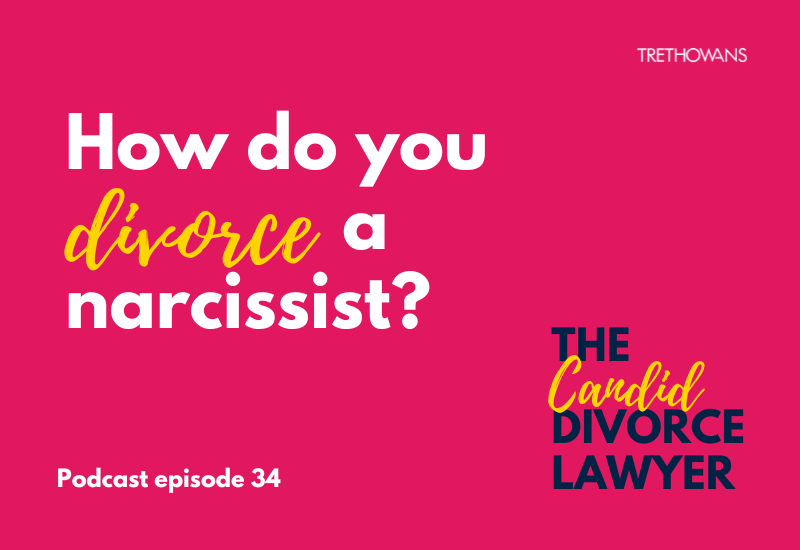- 18 Oct 2023
- •
- 3 min read
Who should live in the family home on divorce?

Who should continue to live in the family home is often one of the first questions asked once a decision to separate has been made.
Whilst not often a welcome answer, the legal position for a jointly owned property is that both parties have as much right to live in the property as the other, irrespective of their separation and/or the circumstances surrounding it. For many couples, this leaves them in the difficult position of continuing to live together whilst discussions take place about the future of the property and an overall financial settlement can be achieved.
Provided you are married, even if the family home is owned in only one spouse’s name the other will have a right to live in the property by virtue of their marriage to the owner and can register a home rights’ notice against the title to the property. This will protect their right to live in the property notwithstanding that they do not have a legal interest in the property, and alert any prospective purchasers to their interest, inhibiting an onward sale.
Can the courts remove my spouse from the property?
The courts have the power to determine who should live in the family home by making an Occupation Order. These orders can only be made where there is a significant risk of harm to either one spouse, or the children, should both spouse’s remain at the property. The court have to undertake an assessment known as the ‘balance of harm’ test to determine whether or not the granting of an order is appropriate. Applications are usually made on an urgent basis following an incident requiring immediate intervention of the court to preserve the safety of the other occupiers. Occupation orders are difficult to obtain; it is a draconian step for the court to prohibit a legal owner from occupying their home. Therefore the threshold for obtaining an order is rightly high. If you are unsure whether you may have sufficient cause to bring an application you should seek urgent advice from a family law specialist.
In the vast majority of cases, it is not possible to prevent your spouse from accessing and occupying the property. For many couples facing separation there is little alternative but to continue to live under the same roof in the short term. Renting a second property (even if only on a temporary basis) can be unaffordable and practically it may be difficult to source alternative accommodation that meets your needs, and those of any children. If moving to alternative accommodation is an option for you, or one which you want to explore because the situation at home has become untenable, moving out of the property will not interfere with the legal position.
Should I leave the family home if we separate?
Whether or not you remain in occupation does not have any bearing on your ability to bring a financial claim against the property as part of your financial settlement on divorce.
That being said, there can be practical consideration to weigh up before vacating the property. Once you are no longer living together you may find that you lose momentum in discussing and agreeing what should happen next. There is little incentive on the person left in occupation of the property to market the property, or progress a sale – particularly if they are keen to try and retain the property as their home moving forwards.
For more, check out our divorce FAQs page. Our Family team offer free initial consultation. If you require any further advice as to your living arrangements following a recent separation, or want to understand whether you may be able to make an application for an occupation order, please get in touch on 0800 280 421 or fill out our forms below.














